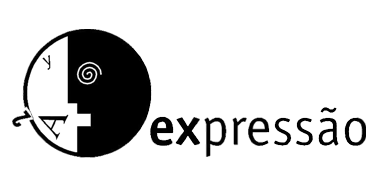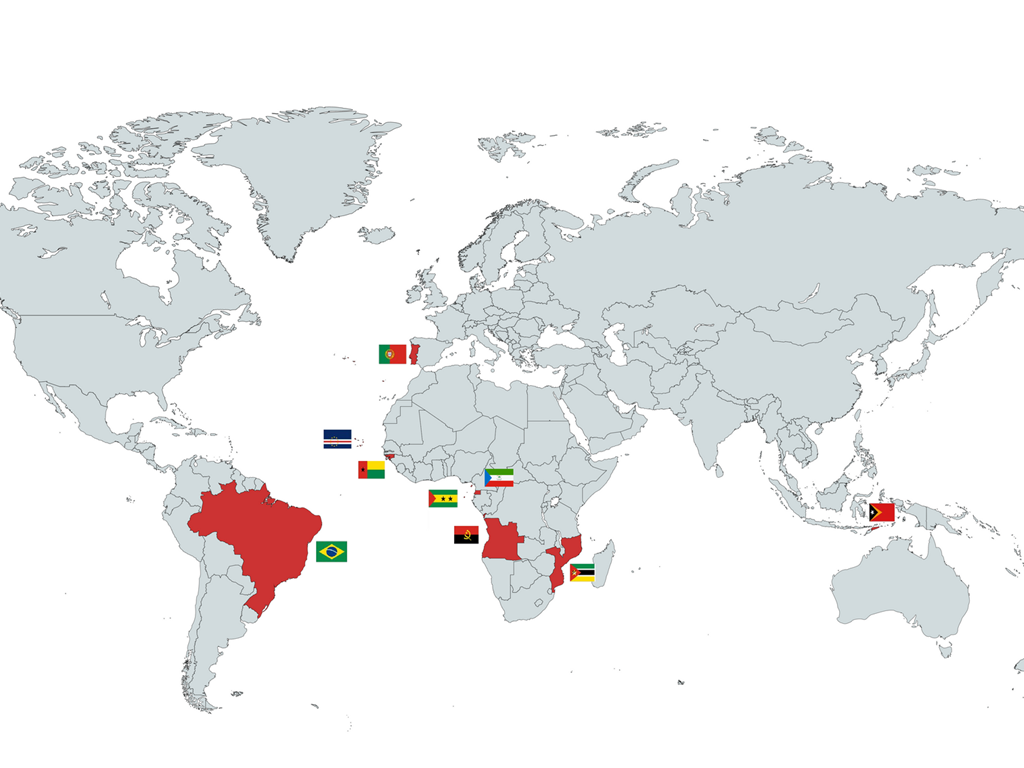Which variant(s) of Portuguese should I use in translations?
There are approximately 220-230 million Portuguese native speakers around the world.
Based on the number of native speakers, Portuguese is the 6th most spoken language globally. It is the sole official language of Portugal, Brazil, Cape Verde, Guinea-Bissau, Mozambique, Angola and São Tomé and Príncipe. It also has co-official language status in East Timor, Equatorial Guinea and Chinese Macau.
Regarding the Portuguese language, we are coming to a situation that has already been experienced to a large extent by the Anglo-Saxon and Hispanic worlds. There are several national variants of these languages since all of them have slightly different grammar and lexicons, but these variants are not mutually incomprehensible.
The variants of Portuguese spoken in Africa form part of multilingual societies, allowing them to form and develop their own characteristics, so that each country has its own dialect.
Notwithstanding the above, there are two main variants of Portuguese, namely European Portuguese and Brazilian Portuguese. These two variants present quite a lot of differences in terms of pronunciation, vocabulary, spelling and grammar.
Standard European Portuguese is spoken as a first language in Portugal and is also the norm of reference in Angola, Mozambique, Cape Verde, São Tomé and Principe and Guinea Bissau, the groups of countries often referred to as PALOPs (Portuguese-speaking African countries).
Recommendations regarding the variant of Portuguese to use in official translations (official documents, manuals, corporate reports, etc.)
Following the above-stated, there is no universal Portuguese. Our recommendations regarding translations are as follows:
• You cannot translate into Brazilian Portuguese and then use that text in Portugal or in Portuguese-speaking African countries, and vice-versa.
• When translating for a specific market only, translate only into the respective variant for native speakers of that country. For example, if you want to sell your product in Mozambique, have your documentation translated into European Portuguese by a native speaker from Mozambique.
• If your target markets are all Portuguese-speaking African countries translate into European Portuguese, as Standard European Portuguese is the norm of reference in all these countries. If you have no budget restrictions, you can add proofreading by local translators.
Places where Portuguese is the official language
Portugal
Portuguese is spoken as a first language in Portugal by nearly all of the nation’s 10.3 million people.
Brazil
Brazil is by far the world’s largest Portuguese-speaking nation, with a population that exceeds 205 million Portuguese speakers. Brazilian Portuguese differs from the European Portuguese and the differences (vocabulary, spelling and grammar) are greater than those existing between British English and American English.
Angola
Portuguese is the sole official language of Angola and it is the second largest Portuguese-speaking country. Around 70% of the population speaks Portuguese, many of them doing so in addition to a Bantu language. Portuguese is also the language that is spoken by younger Angolans. Portuguese speakers are more common in the urban areas of Angola where 85% of the population converse in Portuguese. The use of the language is relatively lower in the rural regions, with about 49% of the people in rural areas speaking Portuguese.
Mozambique
Portuguese is also the sole official language in Mozambique. Around 70% of the population speaks it fluently and slightly over 40% of the population has it as their mother tongue. The standard Mozambican Portuguese used in education, media and legal documents is based on the European Portuguese vocabulary used in Lisbon, but Mozambican Portuguese dialects differ from standard European Portuguese both in terms of pronunciation and colloquial vocabulary.
Guinea-Bissau
The country also has Portuguese as the sole language and it is believed that only 50% of the population speaks it. The general population uses a Portuguese-based creole on a daily basis (Kriol).
Cape Verde
Portuguese is the official language in the country. The majority of the population speaks a Portuguese-based creole (Cape Verdean creole). Nonetheless, most of the population is also fluent in Portuguese and the media is available in European Portuguese.
São Tomé and Príncipe
95% of the population speaks Portuguese. A Portuguese-based creole (Forro) is also commonly spoken there.
Equatorial Guinea
Since 2007, Portuguese is the third official language in the country (after Spanish and French). Spanish continues to be the language spoken by the majority of the population.
East Timor
Tetum and Portuguese are the official languages in the country. Around 40% of the population is fluent in Portuguese.
Macau (China)
Macau is an administrative region of China and it has Portuguese as an official language along with Cantonese. 7% of the population is fluent in Portuguese and a Portuguese-based creole (Macaense Patuá) is commonly spoken there.

